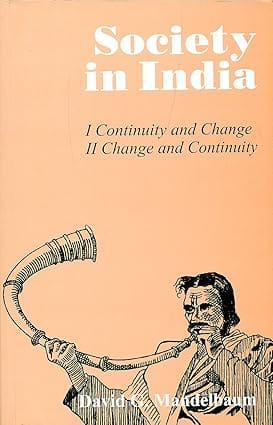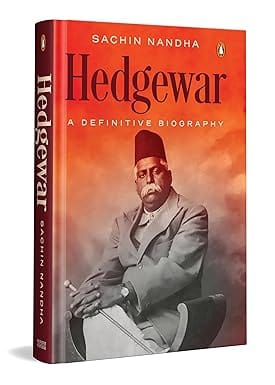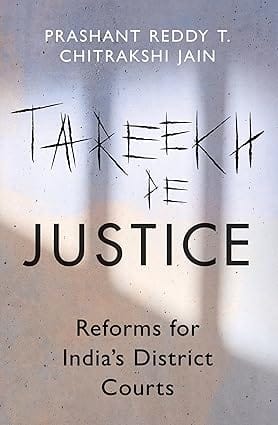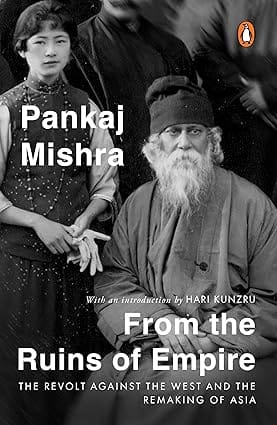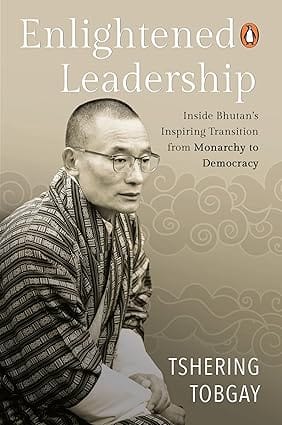- Contemporary Fiction
- Contemporary Fiction
- Children
- Children
- Comics & Graphic Novels
- Comics & Graphic Novels
- Non-Fiction
- Non-Fiction
- Fiction
- Fiction
Handbook of Tribal Politics in India is undoubtedly the most authoritative source for a systematic and comprehensive study of this vibrant field of scholarship. Divided into three sections, the chapters cover a broad range of themes ranging from a general introduction to tribal politics to exploring contemporary issues and concerns within the discipline. The book presents a trajectory and authentic overview of tribal politics while keeping in mind the changing relationship between tribal communities and democracy. Using qualitative and quantitative data, it studies the role of tribal political representatives in public policy-making, issues related to communities, and the nature and dynamics of tribal politics at the state and national levels. It explores the patterns, conditions and challenges of tribes’ participation in electoral politics and presents the issues and agendas that will continue to affect the tribal politics in future. This book is an essential resource for teaching and research in political science and other social science disciplines studying comparative political dimensions.
About the Author
Virginius Xaxa is currently visiting Professor at the Institute for Human Development (IHD), New Delhi. Prior to joining IHD, he was Professor of Eminence and Bharat Ratna Lokapriya Gopinath Bordoloi Chair at Tezpur University (2016–2018). He was also Professor and Deputy Director of the Tata Institute of Social Sciences, Guwahati Campus (2011–2016). He taught Sociology at the Delhi School of Economics, University of Delhi (1990–2011), and North-Eastern Hill University, Shillong (1978–1990). He obtained MA in Sociology from Pune University and Ph.D. from the Indian Institute of Technology (IIT), Kanpur. He is the author of Economic Dualism and Structure of Class: A Study in Plantation and Peasant Settings in North Bengal (Cosmo, 1997) and State, Society and Tribes: Issues in Post-Colonial India (Pears
Handbook Of Tribal Politics In India
SIZE GUIDE
- ISBN: 9789353884581
- Author: Jagannath Ambagudia
- Publisher: Sage
- Pages: 596
- Format: Hardback
Book Description
Handbook of Tribal Politics in India is undoubtedly the most authoritative source for a systematic and comprehensive study of this vibrant field of scholarship. Divided into three sections, the chapters cover a broad range of themes ranging from a general introduction to tribal politics to exploring contemporary issues and concerns within the discipline. The book presents a trajectory and authentic overview of tribal politics while keeping in mind the changing relationship between tribal communities and democracy. Using qualitative and quantitative data, it studies the role of tribal political representatives in public policy-making, issues related to communities, and the nature and dynamics of tribal politics at the state and national levels. It explores the patterns, conditions and challenges of tribes’ participation in electoral politics and presents the issues and agendas that will continue to affect the tribal politics in future. This book is an essential resource for teaching and research in political science and other social science disciplines studying comparative political dimensions.
About the Author
Virginius Xaxa is currently visiting Professor at the Institute for Human Development (IHD), New Delhi. Prior to joining IHD, he was Professor of Eminence and Bharat Ratna Lokapriya Gopinath Bordoloi Chair at Tezpur University (2016–2018). He was also Professor and Deputy Director of the Tata Institute of Social Sciences, Guwahati Campus (2011–2016). He taught Sociology at the Delhi School of Economics, University of Delhi (1990–2011), and North-Eastern Hill University, Shillong (1978–1990). He obtained MA in Sociology from Pune University and Ph.D. from the Indian Institute of Technology (IIT), Kanpur. He is the author of Economic Dualism and Structure of Class: A Study in Plantation and Peasant Settings in North Bengal (Cosmo, 1997) and State, Society and Tribes: Issues in Post-Colonial India (Pears
User reviews
NEWSLETTER
Subscribe to get Email Updates!
Thanks for subscribing.
Your response has been recorded.

India's Iconic & Independent Book Store offering a vast selection of books across a variety of genres Since 1978.
"We Believe In The Power of Books" Our mission is to make books accessible to everyone, and to cultivate a culture of reading and learning. We strive to provide a wide range of books, from classic literature, sci-fi and fantasy, to graphic novels, biographies and self-help books, so that everyone can find something to read.
Whether you’re looking for your next great read, a gift for someone special, or just browsing, Midland is here to make your book-buying experience easy and enjoyable.
We are shipping pan India and across the world.
For Bulk Order / Corporate Gifting
 +91 9818282497 |
+91 9818282497 |  [email protected]
[email protected]
Click To Know More
INFORMATION
QUICK LINKS
ADDRESS
Shop No.20, Aurobindo Palace Market, Near Church, New Delhi


